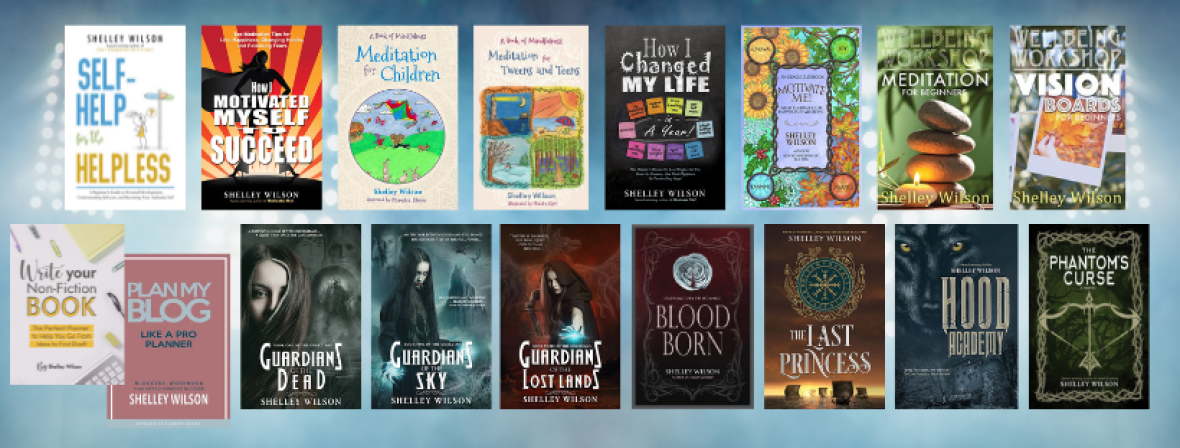To help writers’ young and old, I started a Top 10 Writing Tips feature whereby established authors shared their words of wisdom and favourite writing tips. Back by popular demand, I’m delighted to share more inspiration and insights for season two.
Learning from our mentors helps us to improve and evolve in our chosen field, and I still recall the advice given to me at the start of my writing journey.
Meet Anne Pettigrew

Born in Glasgow, Scotland, Anne Pettigrew was a family doctor for 31 years and also has a degree in Medical Anthropology from Oxford. She wrote extensively in the medical and lay press until retirement when she turned to penning novels about women doctors, discrimination, and crime. She was a Bloody Scotland Crime Fiction Festival 2019 Spotlight Author as ‘one to watch.’ Member of several writers’ groups and multiple short story competition winner, she lives in Ayrshire and enjoys good books, good wine, and good company.
Anne’s Top 10 Writing Tips
- While there’s no right or wrong way to do anything – and that includes writing – you can learn from published authors who have written books full of tips. I would especially recommend MIttelmark and Newman’s How NOT to Write a Novel (my first book had everything it suggested publishers disliked!) and Stephen King’s On Writing. Absorb, sift, and assimilate what resonates with you. For example, if you want a prologue though some now suggest they be ‘old hat,’ have a prologue.
- Consider professional tuition. I gained enormously from a pert-time University course on Drafting and Editing your Novel.
- Join a writers group. You need feedback and your spouse or friends may not like to be critical enough. Also, at a good club, you will be able to learn from visiting professional speakers.
- Write what you know. An old adage, but apart from anything else, it will save you hours of research (and being found out when you make an embarrassing faux pas in the story).
- Imagine yourself actually in the story itself and don’t forget what you are seeing, hearing, feeling, touching, and tasting. A story is a 3D experience.
- Write out bios, personality sketches and speech ‘quirks’ for your characters before you start. Makes life easier and allows you to drop in odd references to their background etc as you go along rather than having an info dump early on.
- Give your characters distinctive names, certainly don’t have any similar or starting with the same letter. Write them down as you go with notes of who is in which chapter. And, in case you decide to change them, don’t use names that are commonly parts of words e.g. Will or Bet. (Find and Replace will be hilarious).
- Read any dialogue out loud – you’d be surprised how this shows up stilted or clunky speech which, nonetheless, looked OK in print. And it helps with editing too, as you will pick up repetitive use of words and typos by speaking.
- Do not assume applying an editor/spellcheck mode means you have edited. As ‘ever’ is a word, for example, it will not necessarily show up as a mistake if it is meant to be ‘every.’ Professional editing can be invaluable.
- Read. Everything. Even outside your comfort zone. To quote Stephen King, ‘If you want to be a writer, you must do two things above all others: read a lot and write a lot.’
Connect with Anne
Email: info@annepettigrew.co.uk
Website: http://www.annepettigrew.co.uk
Facebook @annepettigrewauthor
Instagram anne.pettigrew.author
Blogs/reviews books on her own website and on https://annepettigrew.literaryglobe.com/

Not the Life Imagined Blurb
A darkly humorous, thought-provoking story of Scottish medical students in the sixties, a time of changing social and sexual mores. None of the teenagers starting at Glasgow University in 1967 live the life they imagine.
Beth Slater is shocked at how few female medical students there are and that some people, such as Conor Towmey, think they shouldn’t be there at all. Devastated by a close friend’s suicide, Beth uncovers a revealing diary and vows to find the person responsible for her death. Struggling with the pressure of exams while supporting friends though disasters, Beth charts the students’ changing, often stormy, relationships over two decades in a contemporary backdrop of Free Love, the Ibrox Football Disaster, the emergence of HIV and DNA forensics. In time, indiscretions surface with dire consequences for some.
BUY your copy here:

Not the Deaths Imagined Blurb
In a leafy Glasgow suburb, Dr Beth Semple is busy juggling motherhood and full-time GP work in the 90s NHS. But her life becomes even more problematic when she notices some odd deaths in her neighbourhood. Though Beth believes the stories don’t add up, the authorities remain stubbornly unconvinced.
Soon, Beth’s professional reputation is challenged. There follows a chilling campaign of harassment and she finds her professional reputation – and her family – are put at risk.
Is a charming local GP actually a serial killer? Can Beth piece together the jigsaw of perplexing fatalities and perhaps save lives? And as events accelerate towards a dramatic conclusion, will the police intervene in time?
From the author of Not the Life Imagined, this slow-burning tartan noir novel from a Bloody Scotland Crime Spotlight author follows Beth on another quest for justice. Reflecting Pettigrew’s own medical expertise, Not The Deaths Imagined re-affirms the benefits of growing up in a loving family and the need for friends in hard times, while offering insight into the twisted development of a psychopathic mind.
BUY your copy here:

